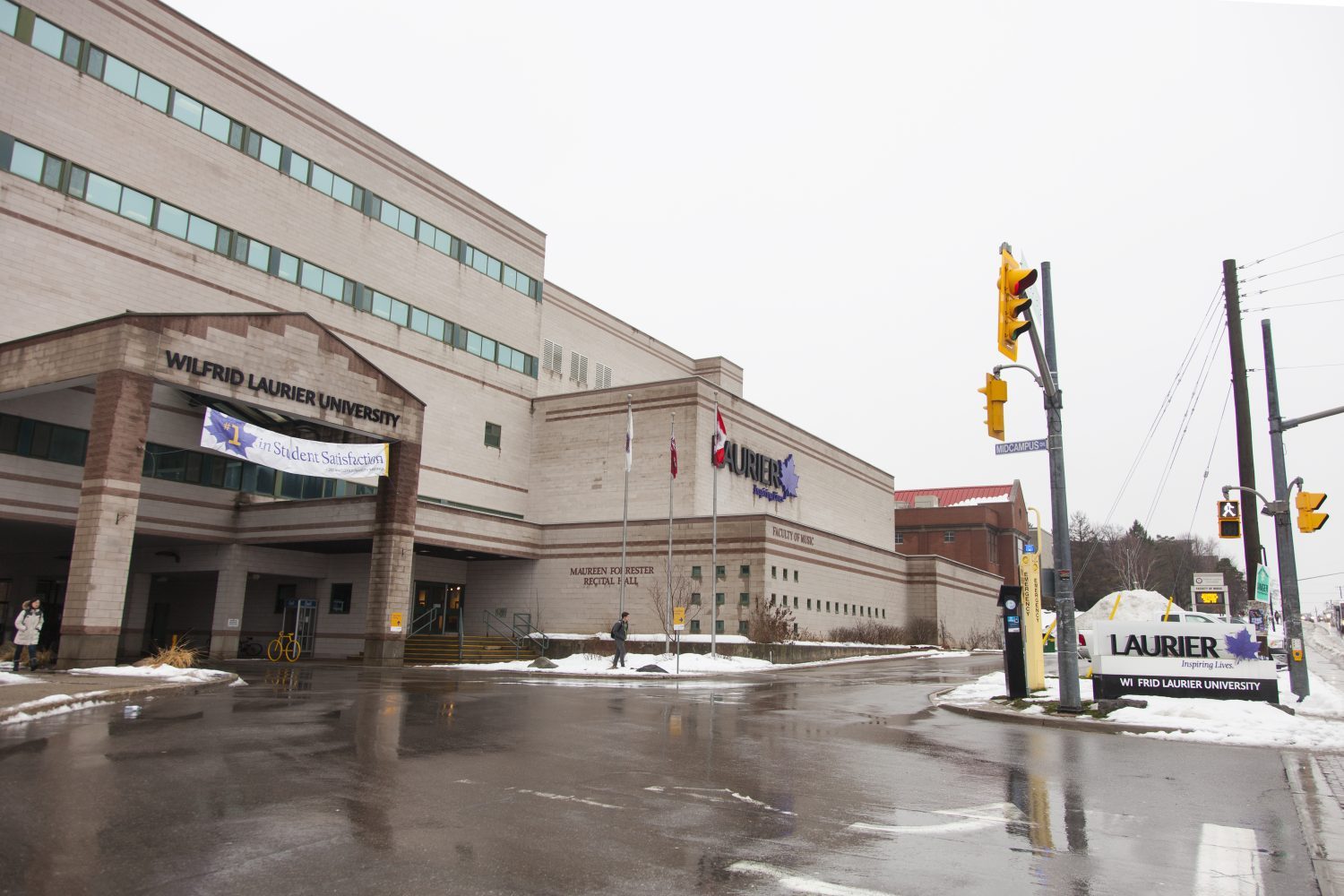Local and nationwide impacts of the COVID-19 outbreak continue to grow as protective actions are extended across the country

The recent progression of the novel coronavirus, COVID-19, has impacted both Wilfrid Laurier University, and Canada as a whole, in a way that was unimaginable just one week ago.
As of March 17, there are 180 active cases of the novel coronavirus in Ontario alone, making it the province with the highest number of cases in Canada. There is a total of 424 confirmed cases across Canada and this number is only expected to grow.
Right now, there are nine confirmed cases in the Waterloo region, all of which are related to international travel or close contact with someone who had been out of the country.
Those who have been diagnosed range in age from their twenties to their sixties.
The rapid progression of the virus has prompted federal and provincial leaders to act drastically in order to “flatten the curve” and mitigate the impacts on the Canadian healthcare systems, hoping to prevent a large influx of patients who require treatment at once
On March 16, Prime Minister Justin Trudeau announced several measures which would be temporarily implemented to reduce the spread of COVID-19, including restricting the landing of international flights to only four airports across Canada and closing Canadian borders to all non-Canadian international travellers with the exception of commerce, U.S. citizens, diplomats, aircrews and immediate family of Canadian citizens.
The decision to keep the Canada-U.S. border open at this time is one that was widely criticized due to the rapid spread of COVID-19 within the U.S. compared to other countries for which travel had been restricted.
Trudeau cited the high levels of integration between the Canadian and U.S. supply chains and economies as a primary reason for their decision to keep the border open at this time, emphasizing that they will continue to monitor the situation and act accordingly.
Trudeau encouraged all Canadians who may be abroad at the moment to return home as soon as possible.
“If you’re abroad, it’s time for you to come home. If you’ve just arrived, you must self-isolate for 14 days, and finally, all Canadians, as much as possible, should stay home,” Trudeau said in a public statement.
https://www.facebook.com/JustinPJTrudeau/videos/241659750205167/
On March 17, Premier Doug Ford declared a state of emergency in Ontario amid the crisis. This mandates that all bars and restaurants close immediately with the exception of providing takeout and delivery services. Also, gatherings of over 50 people will be strictly prohibited and institutions such as places of worship, recreation centres, theatres, libraries, daycares and more will be closed until Mar. 31, in addition to the previous closure of all public schools until April 6.
“We are facing an unprecedented time in our history. This is a decision that was not made lightly. COVID-19 constitutes a danger of major proportions. We’re taking this measure because we must offer our full support in every power possible to help our healthcare sector fight the spread of COVID-19,” said Ford in a public statement.
These business closures will not apply to essential services such as public transit, pharmacies and grocery stores at this point in time.
At a local level, Laurier has taken steps towards protecting its faculty, staff and students, as well the community as a whole, including some major changes that will impact the remainder of the winter term.
Following many other post-secondary school closures, Laurier announced on March 13 that it would be following suit, moving to an online learning model for the remainder of the winter term.
Professors were given a week to remodel the remainder of their course into an online format, but the university is requiring all classes to have at least one online meeting/lecture by March 20 at the latest to discuss their plans for the remaining semester. This online model will apply to all class components, including all remaining midterms and final exams.
Extracurricular activities and events were also postponed or cancelled until at least April 30 in the wake of the COVID-19 pandemic; students can expect to receive refunds for any tickets to cancelled events in the coming weeks.
At the moment, it is unclear if events planned past April 30, such as spring convocation, will be cancelled or postponed.
On March 16, Laurier announced that all students currently living in a university-affiliated residence building must vacate the premises by March 18, giving students only two days to make moving arrangements.
Only those with extenuating circumstances, such as international students or students who live out of province will be allowed to remain in residence past March 18. At this point in time, information regarding potential refunds for residence life students has not been released.
In addition to this, all Laurier buildings will be closed with the exception of select food services on the Waterloo campus until all students are moved out of school-operated residence buildings.
Following the March 17 declaration of Ontario’s state of emergency, Laurier released a statement regarding the unsanctioned Ezra Avenue street gathering, stating that the Waterloo Regional Police Service will be actively dispersing crowds of over 50 people in an effort to protect the overall health of the community. These actions are in accordance with the newly mandated guidelines regarding public gatherings.
As the situation progresses, please visit Laurier’s dedicated coronavirus update page, as well as the government of Canada’s website for further information.

